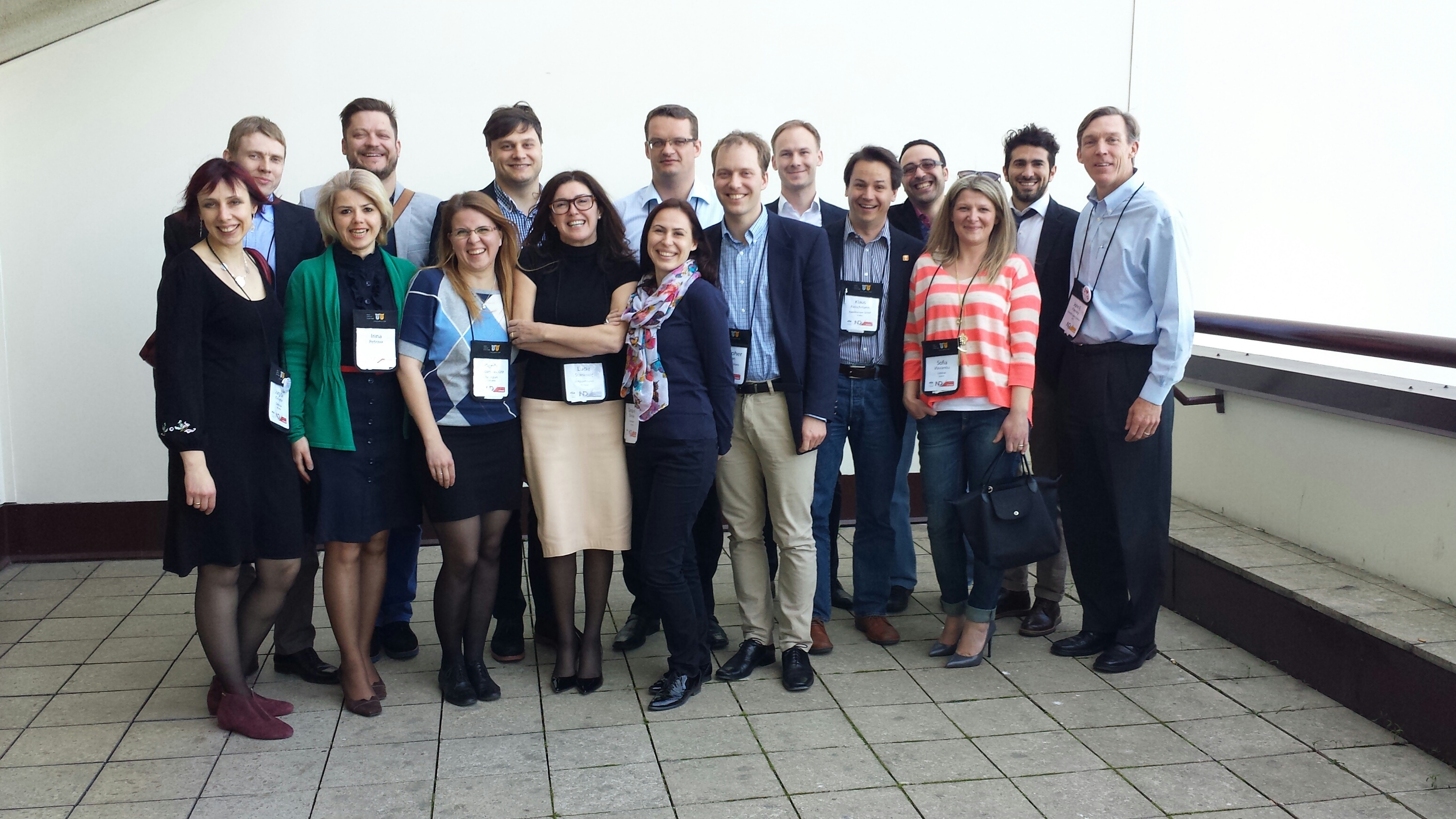How valuable are marketing qualified leads (MQLs) to your organization? MQLs are incoming leads generated by your marketing department, usually by encouraging prospects to come and engage with your business via the website, blog, newsletter, webinars, live events, etc.
The quality of these leads depends on many factors – here are a few:
- How qualified is the audience? Exactly where did the marketing group find these prospects, and how closely do they match your ideal customer profile? The most successful lead generation campaigns are able to work from a well-defined customer profile and engage technology to specifically target that audience. The Sales management team needs to collaborate with Marketing to hone this profile for consistency.
- How well have the leads been nurtured? Is your marketing department handing over leads the moment a prospect interacts with your site, or are they categorizing different types of interactions and customizing a response based on where those prospects are in their buying cycle? Prospects who are new to the site may still be trying to understand what their problem is and beginning to investigate solutions. Those that have had a higher level of engagement with your content or are repeat visitors are likely farther along in the buying cycle and ready for some targeted messaging or special offer to encourage them to look at you over your competition.
- The human factor – at some point, someone in your organization will need to have a phone interaction with these leads and use qualifying questions to determine how good the prospect is, and whether or not they’re ready to hand them over to an account team. Whether this “pre-sales” function lies in marketing or in sales is up for debate, but this initial conversation is crucial in order to disqualify leads that are not good candidates for your product and will just end up wasting your time.
Many organizations want to know how well their marketing department is doing in generating MQLs, and whether or not they’re really “sales-ready”. How many of those leads is sales able to convert to paying customers, and what is the effort involved in doing that? Unfortunately, benchmarking your performance against other organizations is very difficult. Numbers will vary from industry to industry, and your definitions of what constitutes a MQL are likely to be very different from those of other organizations.
Improving the Matching Process
So how can you improve the consistency on the criteria that Marketing and Sales use to turn leads into revenue? The key is to understand how your market works, what are your levers for growth, and how are you doing compared to historical data. To do so, ask Managers from Sales and Marketing the following:
- What is the ideal customer profile and where do we find that person?
- Do you have a process in place to get that person to engage with your website and continue that engagement throughout the entire buying cycle?
- Have your sales and marketing organizations come to a mutual decision about how these prospects will be nurtured along the way – when should key interactions like qualifying calls take place and who should be handling these activities? Have you established SLAs for sales follow up on SQLs?
Mastering the art of converting a MQL to a SQL (sales qualified lead) is not easy, but organizations that are able to execute on this will achieve higher sales numbers and more sustainable long-term growth.




